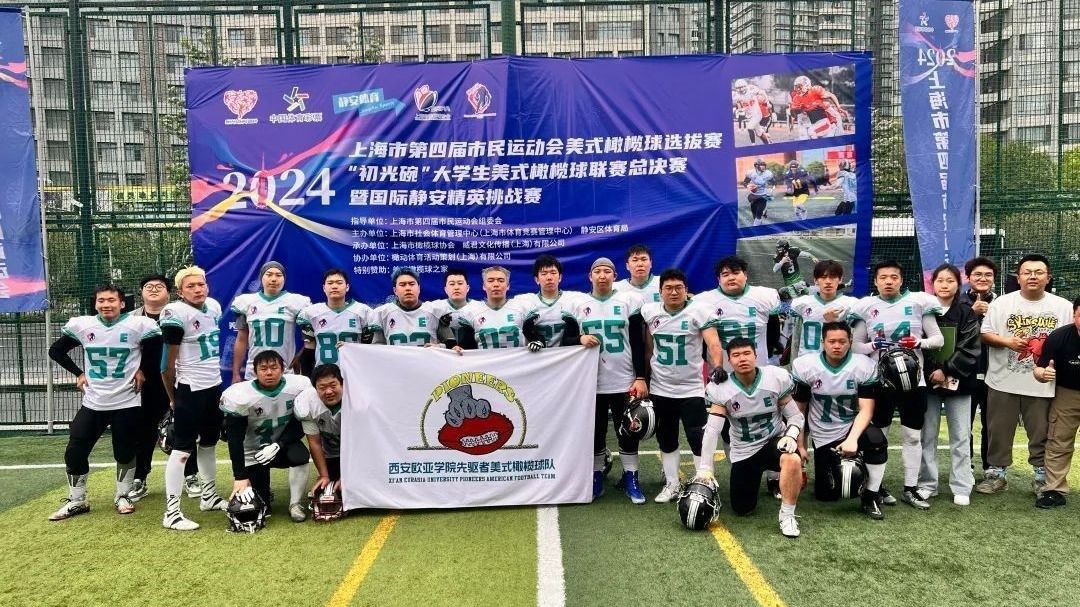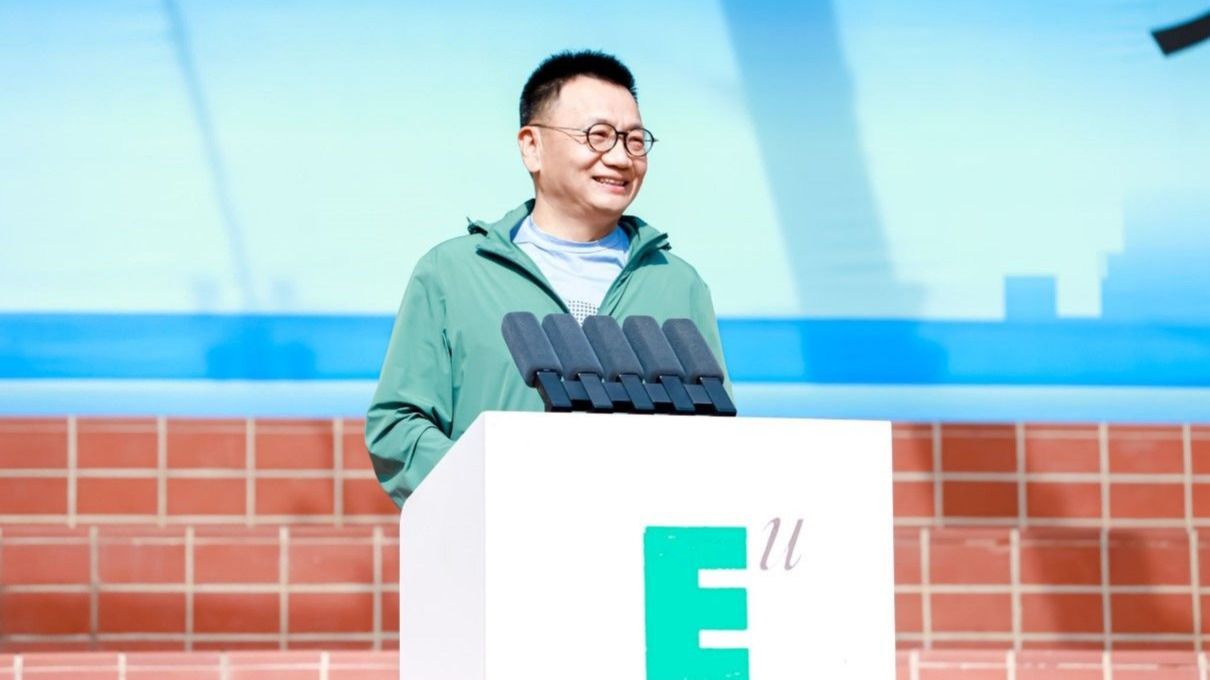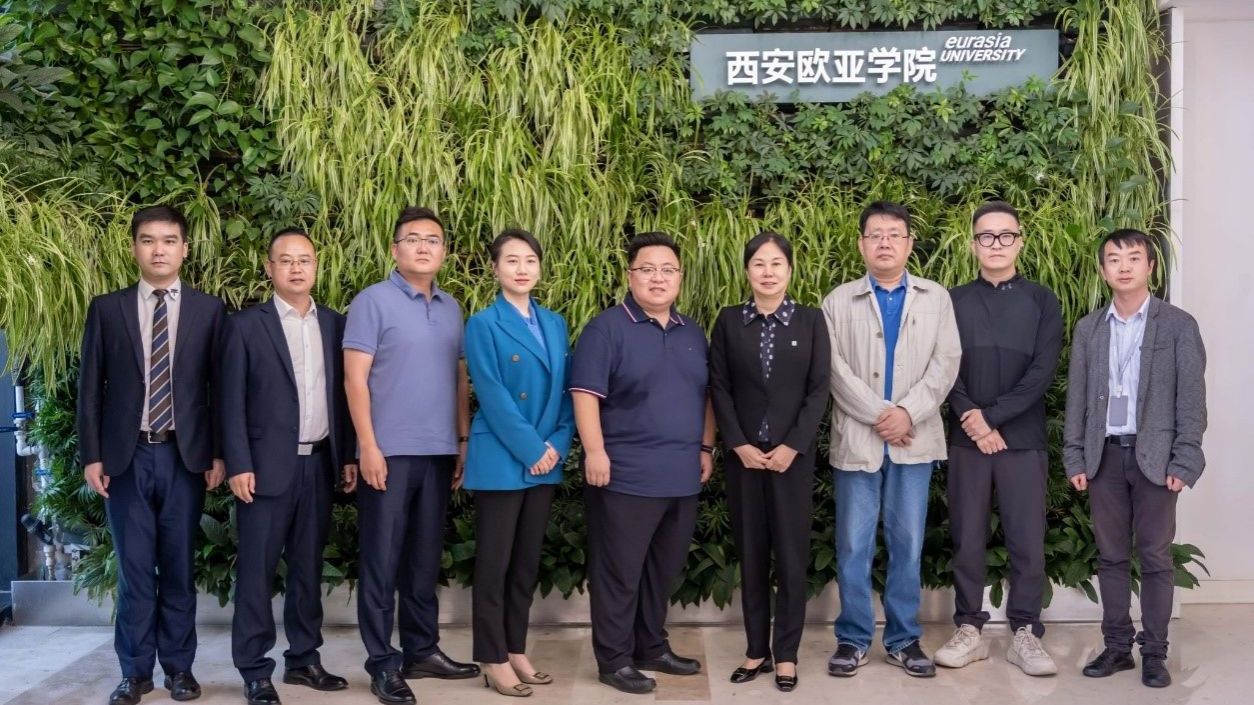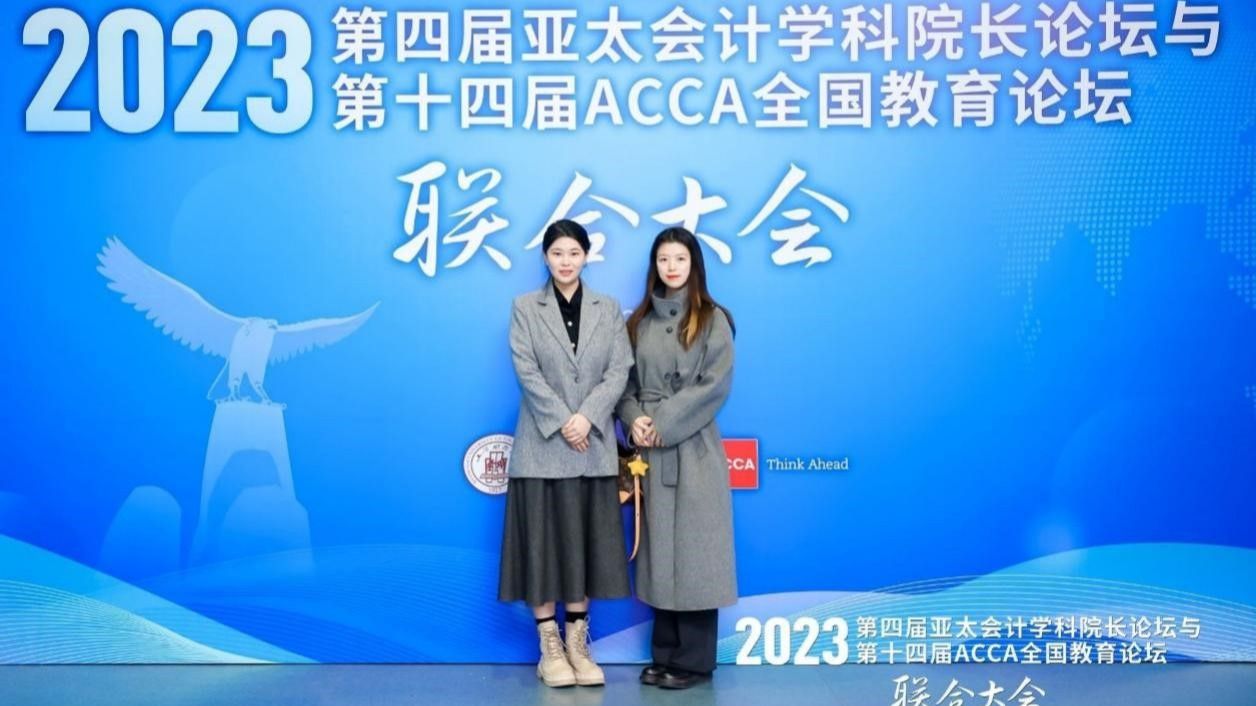UNESCO proposed in the Policy Document for Promoting Change and Development of Higher Education: "Good universities" are the place to carry out high-quality training; the place where students are admitted on merit; the gathering place for people who seek, create and disseminate knowledge, promote scientific development and carry out technological revolutions and inventions; the place where future graduates are committed to the pursuit of knowledge and the development of their social services; the place where students are welcome to "return" to update their knowledge and improve their level as a fixed form; the place that encourage and support cooperation with industry and service sectors, as well as the development of regional and national economies; the place where problems are presented and discussed critically and solutions are proposed; the place from which governments or relevant agencies can obtain reliable and scientific information for decision-making; the place that brings together people who firmly adhere to the principles of academic freedom; and the place exposed to the world's challenges and opportunities.
Professor Wu Daguang, a well-known scholar, pointed out in his book What is a Good University: A "good university" refers to a university that puts talent cultivation first, can change the fate of students, surpasses the ranking list, takes the lead, combines system and culture organically, has determination, knows how to operate, is very exquisite, transforms educational ideas into solid actions, and has crisis awareness.
These are two definitions of "good universities". Although they have different perspectives, they both greatly expand people's cognition of the connotation and image of universities. Adhering to the mission of "providing high-quality educational services for students", Xi'an Eurasia University has always been committed to exploring the running mode and growth path of good universities.
On January 18, 2024, the 2023 Annual Conference of Xi'an Eurasia University was held in its gymnasium. With the theme of "Effectively Boost Classroom Efficiency and Promote All-round Development of Students", the conference summarized and reviewed the implementation of work in 2023 and clarified the key work ideas for 2024. All faculty and staff of Xi'an Eurasia University and experts and consultants at the university and school levels attended the conference. Leaders and guests from many partners such as Gold Mantis Fine Decoration Technology (Suzhou) Co., Ltd. of China State Decoration Group Company Limited, Beijing iSoftStone Education Technology Co., Ltd., Sangfor Technologies Inc., Shaanxi Taoli Tourism Cooking Technology School, and Shaanxi Culture Investment Education Consulting Management Co., Ltd. were invited to attend the conference. The conference was moderated by Professor Liu Jin, President of the university.
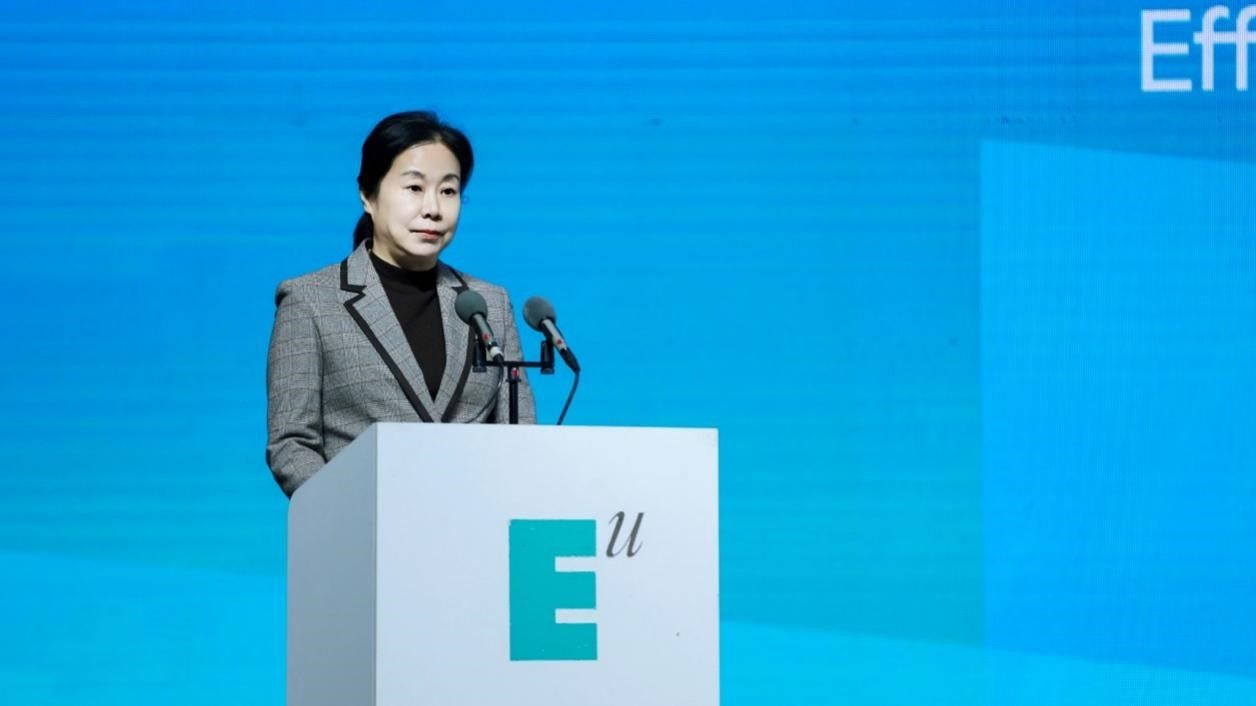
(Fig. 1) Professor Liu Jin, President of Xi'an Eurasia University, presides over the 2023 Annual Conference
Good Universities Keep Growing
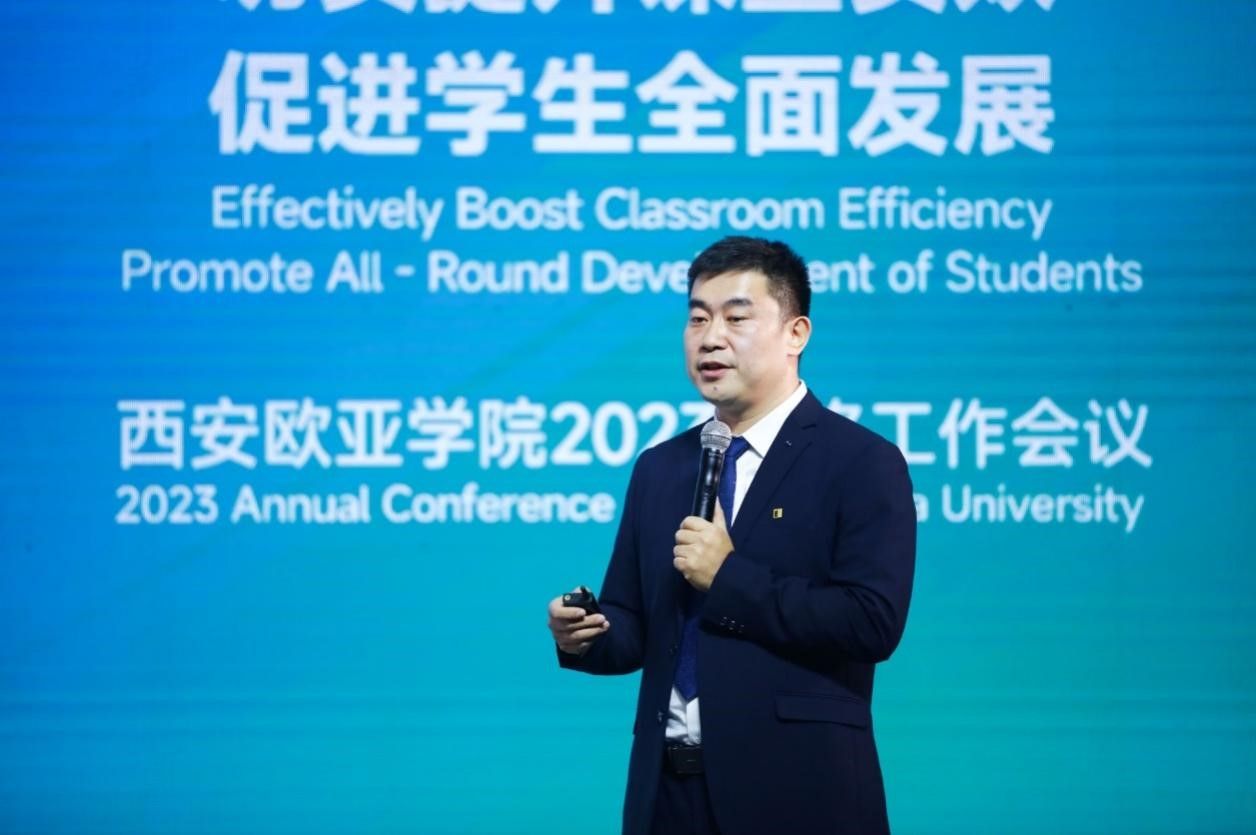
(Fig. 2) Zhao Junjing, Assistant to the President of Xi'an Eurasia University, makes a work report for 2023
Zhao Junjing, Assistant to the President of Xi'an Eurasia University, made the 2023 work report on behalf of the Performance Budget Committee. The report points out that in 2023, with the theme of "Year of Quality Contribution", Xi'an Eurasia University paid attention to the quality contribution of all employees and built a student-centered (SC) education model. All work tasks achieved good results: The Fifth Education and Teaching Conference was successfully held and the SC education system was established; The "student-centered" curriculum reform continued to advance and many achievements were made in the construction of application-oriented courses; The development of local internationalization was further promoted and the university was approved as "ACCA Gold Level Educational Institution" for three consecutive years, which accelerated the process of international education; The revision of the 14th Five-Year Plan for Scientific Research and Social Services was completed, the development priorities of scientific research strategies were clearly defined, the output of scientific research and social service achievements was steadily improved, and new breakthroughs were made in national projects and scientific research achievement awards; The strategic human resources management system was continuously improved, the "Resonance Program" was launched, the university-level training system was optimized, and the reform of teachers' professional title system was deepened to stimulate the vitality and enthusiasm of all staff; The history of Xi'an Eurasia University, Foster Your Unique Gifts and Talents, was officially released to deeply and comprehensively spread the value proposition of Xi'an Eurasia University; The digital transformation of higher education went deeper, the teaching quality monitoring platform was upgraded, and students' growth portfolios and teachers' digital portfolios were put into operation; Continuous progress was made in the construction of high-quality education and teaching spaces, the Student Service Center in West Campus was capped, and the roller skating square, library landscape square, and informal learning space in North Buildings C and D were renovated; The strategic management working mechanism was continuously improved, the governance system and governance capacity building was solidly promoted, and the process optimization project was steadily implemented.
The report uses the six terms "stability, growth, transformation, activation, authenticity, integration" to succinctly encapsulate the annual characteristics of six strategic themes: "application-oriented talent cultivation, localized internationalization, scientific research and social services, talent projects, brand upgrading and cultural construction, and digital transformation." The outstanding achievements of each key module in 2023 have laid a solid foundation for Xi'an Eurasia University to take another significant step toward an ideal university.
Collective Participation: Contributing to a Great University
To fully showcase and exchange the achievements of education and teaching reforms centered on students, the thematic sharing session of this conference focused on five key areas: profession development and quality assurance, course construction and project-based learning, student development and learning support, teacher development and role transformation, and school culture, environment, and service support. Unlike previous events, this sharing session features two notable changes: first, the presentations will be given entirely by frontline faculty and staff with their experiences and insights from their own positions, enhancing their sense of mission and honor; second, the content of the presentations will be prepared by teams formed across different schools and departments, reflecting the collaborative educational process within the university.
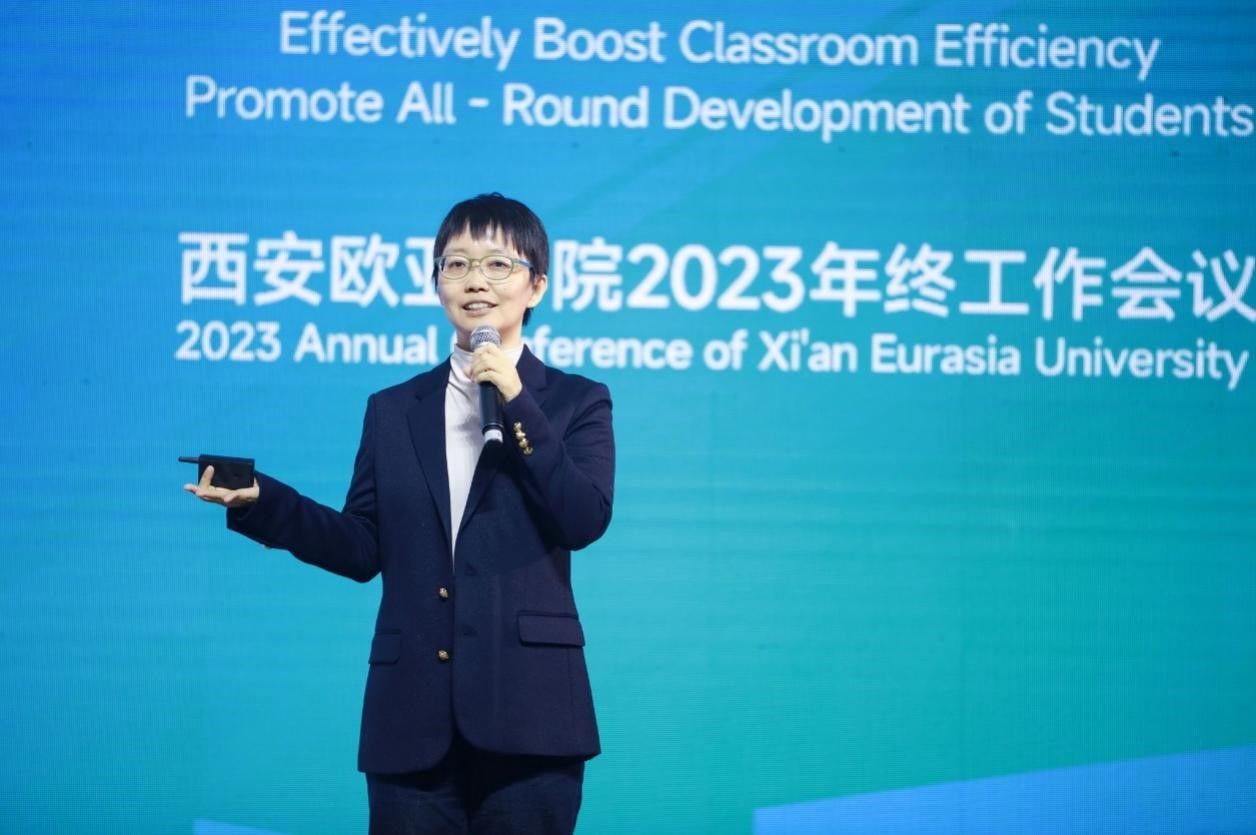
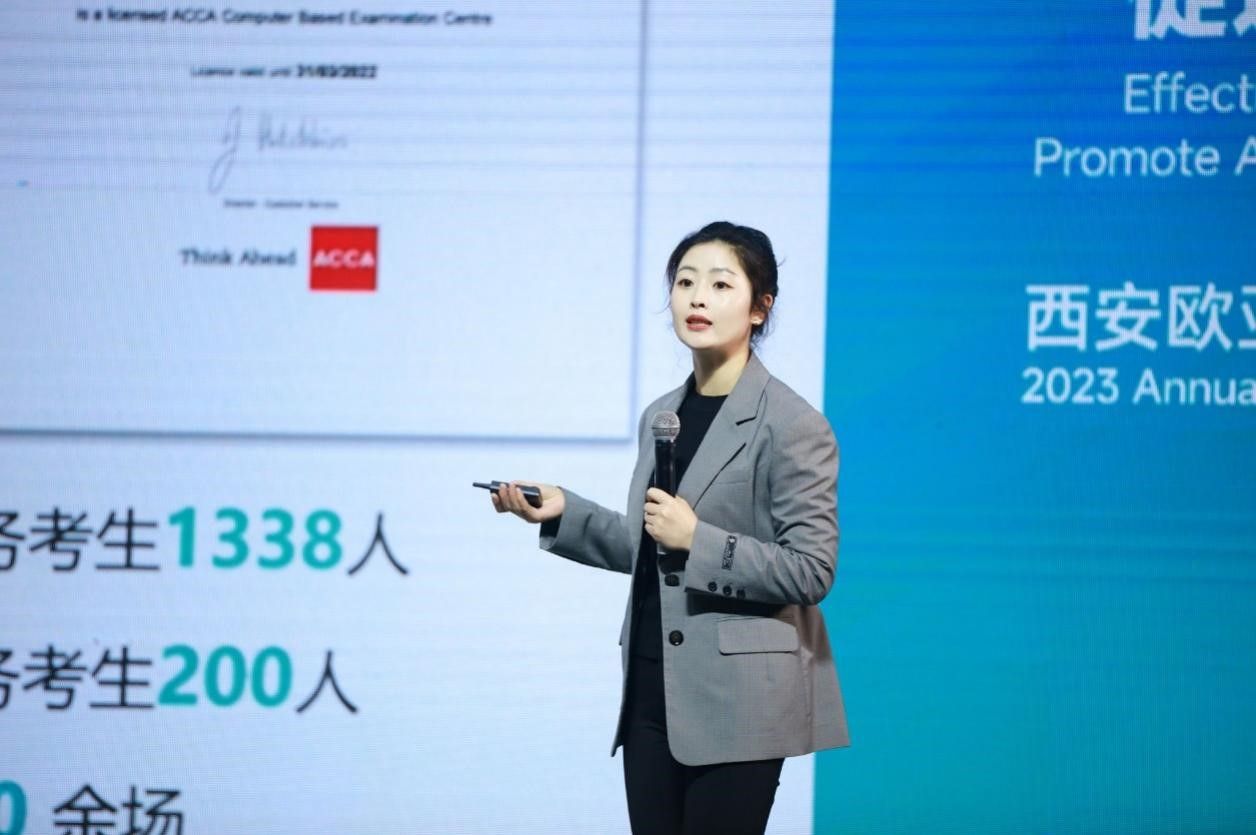
(Fig. 3) Chang Ying from the School of Finance and Data Science (top) and Zhao Huan from the School of Accounting (bottom) jointly sharing the report, "Grassroots Academic Organizations Supporting High-quality Application-oriented Talent Training"
Grassroots academic organizations are at the forefront of the school's education, teaching, and research efforts, as well as the main entities responsible for cultivating application-oriented talents. Focused on major building, Chang Ying from the School of Finance and Data Science and Zhao Huan from the School of Accounting demonstrated how, through collaborative course groups and close cooperation among teachers from various disciplines, project-based teaching can be conducted in the classroom based on real problems, real data, and real cases. This approach promotes the deep integration of industry, academia, and research, thereby supporting the cultivation of application-oriented talents.
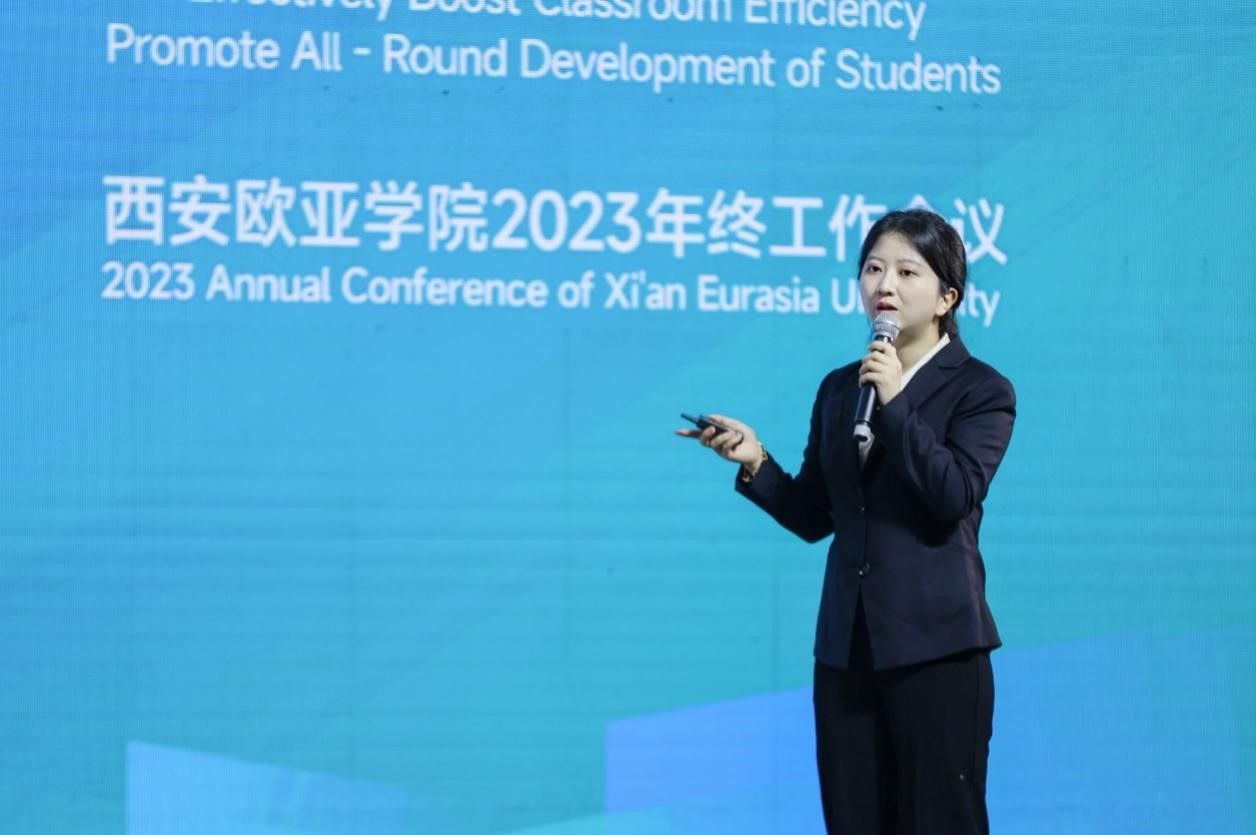
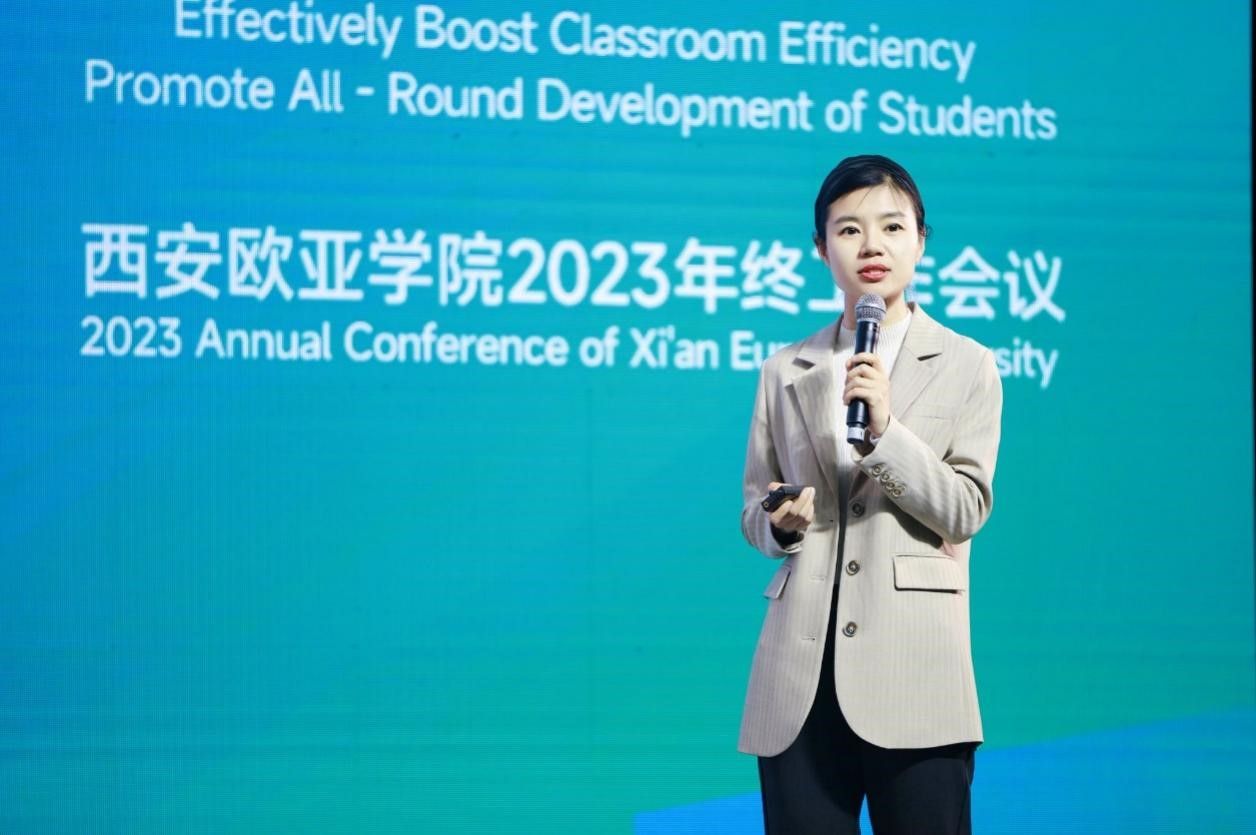
(Fig. 4) Luo Wei from the School of Human Settlements and Architecture (top) and Gao Dan from the Graphic Information Center (bottom) jointly sharing the "Integrative Innovation and Project-Driven Approach: Practical Exploration of Project-Based Teaching in the School of Engineering"
In project-based teaching, information technology is not only a tool but also an important support to promote students' active learning and teachers' effective guidance. Wei Luo from the School of Human Settlements and Dan Gao from the Graphic Information Center presented "Integrative Innovation and Project-Driven Approach: Practical Exploration of Project-Based Teaching in the School of Engineering." They shared insights on project-based teaching in the School of Engineering from five perspectives: origin, exploration, design, empowerment, and support. Their presentation showcased the effective implementation of project-based learning in two engineering schools, highlighting the role of information technology in the teaching and learning process.
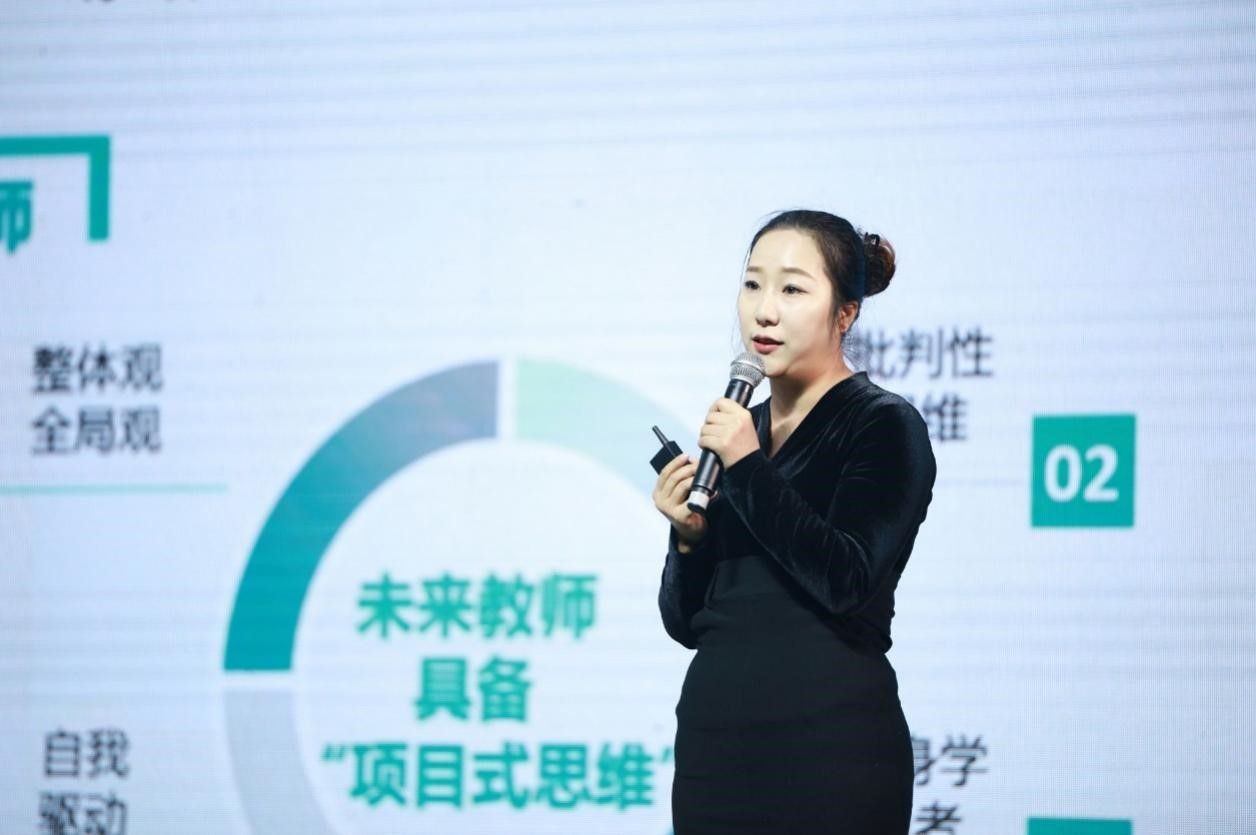
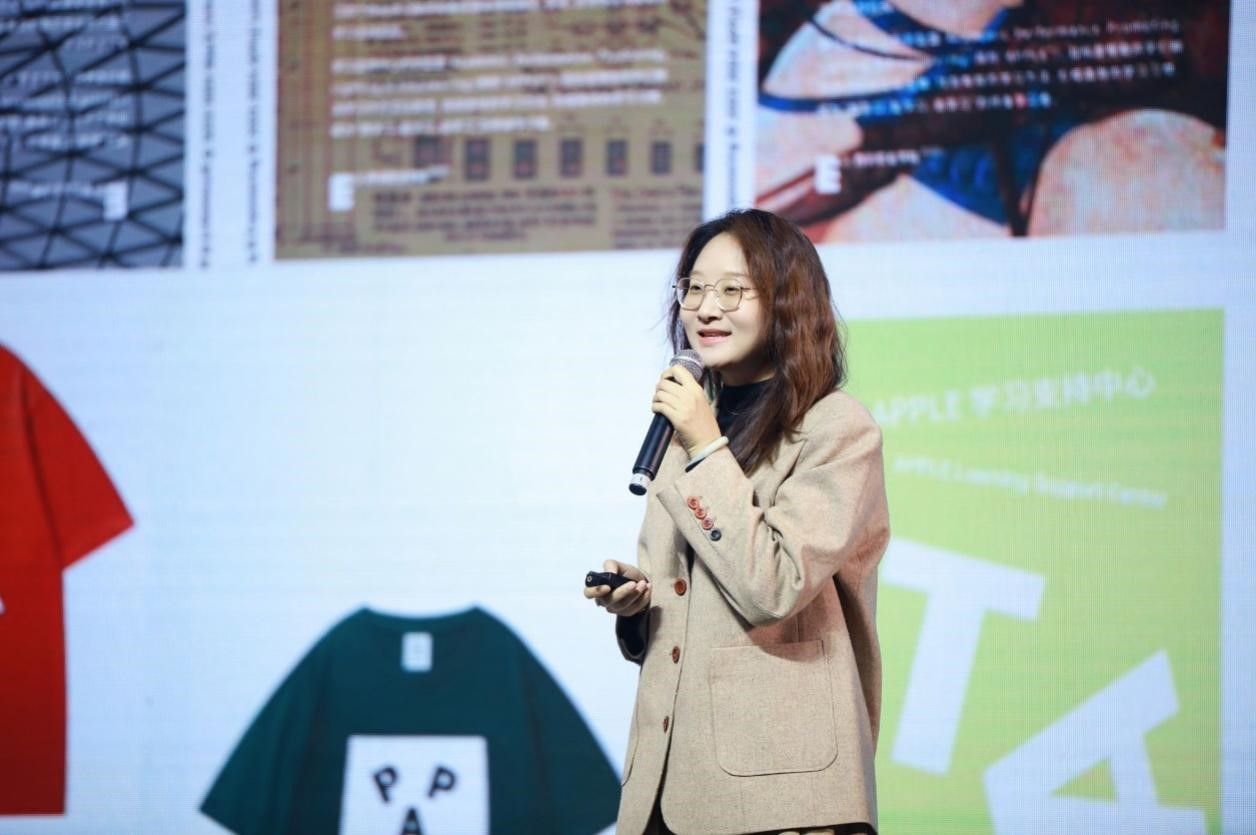
(Fig. 5) Xing Jianghuan from the School of General Education (top) and Xie Wen from the Student Development Office (bottom) jointly sharing the "United by Consensus: Rethinking Student Development in Xi'an Eurasia University"
In 2023, student affairs steadfastly adhered to its principles amid changes while fostering innovation through perseverance. Student learning support centers at both the university and school levels have deepened their work, with the coordinated advancement of education through the "three channels" of departments, communities, and student organizations. Behind this is a reconstruction of teaching and learning, an enrichment of Eurasia's cultural connotations, and a rethinking of talent cultivation. Under the title "United by Consensus: Rethinking Student Development in Xi'an Eurasia University," Xing Jianghuan from the School of General Education and Xie Wen from the Student Development Office focused on the student development work of Xi'an Eurasia University and explored how to cultivate students' ability to think independently and their awareness of lifelong learning, how to help students accept themselves, and how to enhance students' sense of well-being. This brought a fresh perspective on student development work to the attendees.
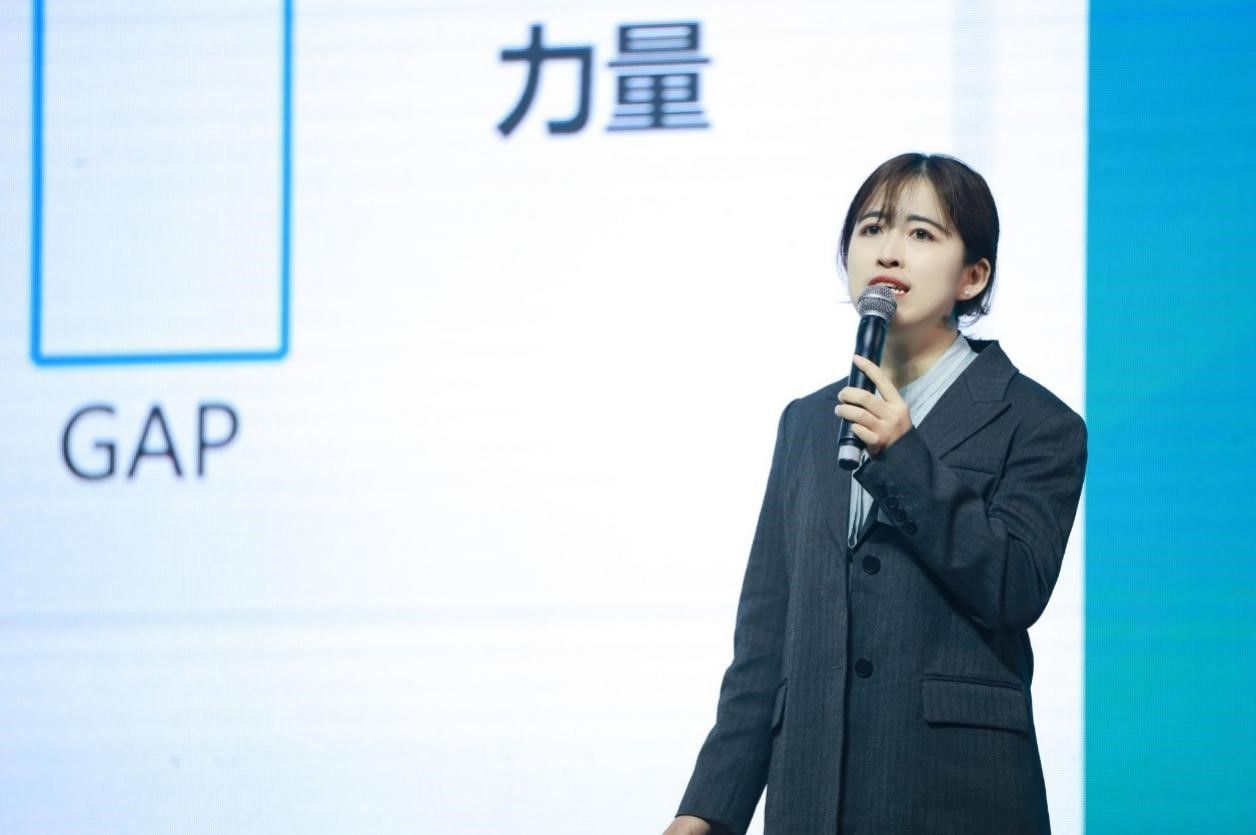
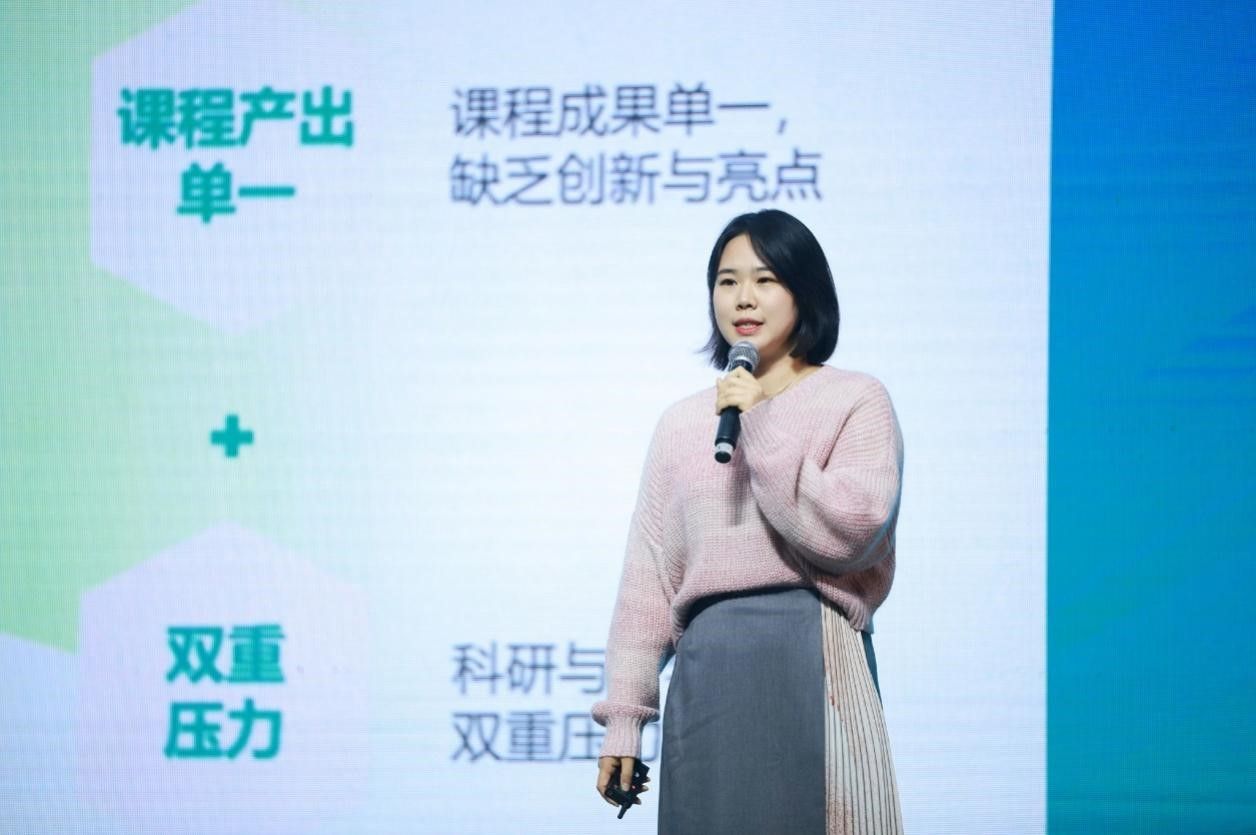
(Fig. 6) Cheng Fang from the School of Business Administration (top) and Liu Shani from EAAD School (bottom) jointly sharing "From School to Society: Achieving Professional Transformation for Teachers through Social Service"
Based on the school's "one body, two wings" strategic layout, the roles and identities of teachers are continuously evolving and reshaping with the advancement of research and social service work. In this process, some teachers have moved from school to society, using research and social service as breakthrough points to continuously explore and deepen their efforts. They constantly push their boundaries, achieving greater personal growth while nurturing their students. This leads to a transformation and a significant professional evolution. Drawing from their own professional practices, Cheng Fang from the School of Business Administration and Liu Shani from EAAD School discussed the necessity and future trends of role transformation and professional development for university teachers in the new era. They also explored the close connection between research, social service, and the cultivation of application-oriented talents. They emphasized that every teacher needs to recognize the necessity of actively adapting to their evolving roles in future educational practice, and continuously improve their professional skills and teaching abilities to promote the comprehensive development of students.
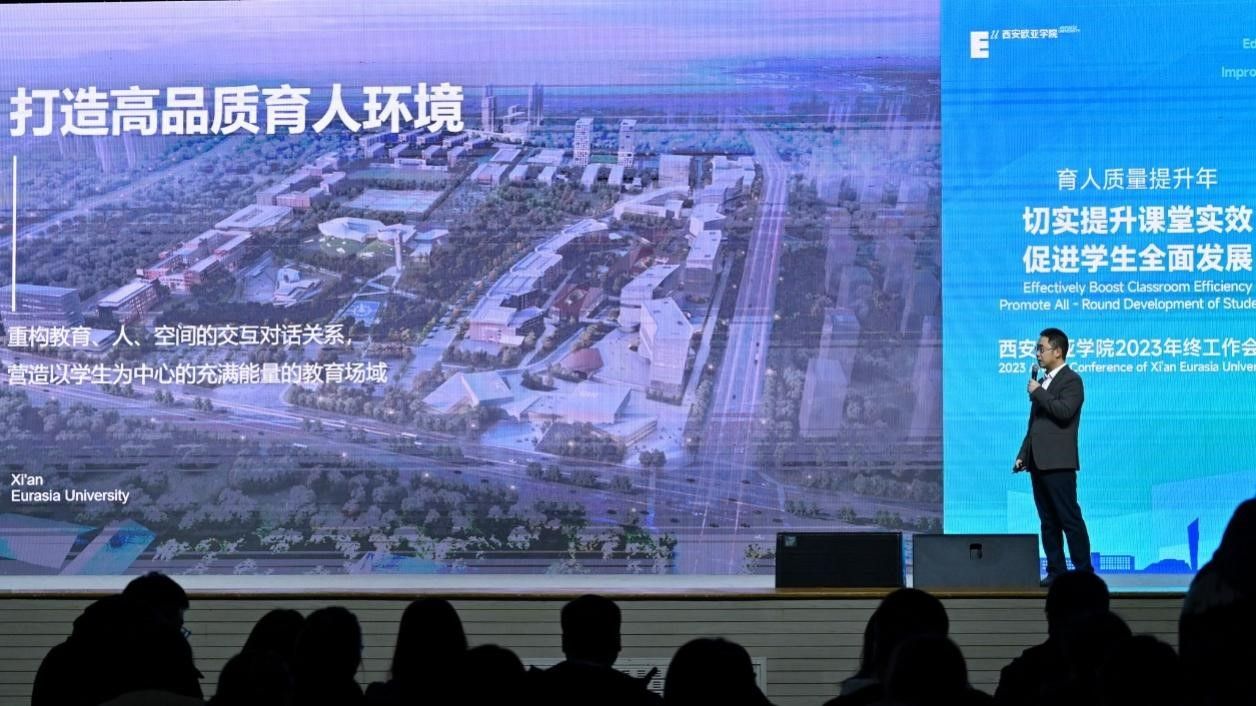
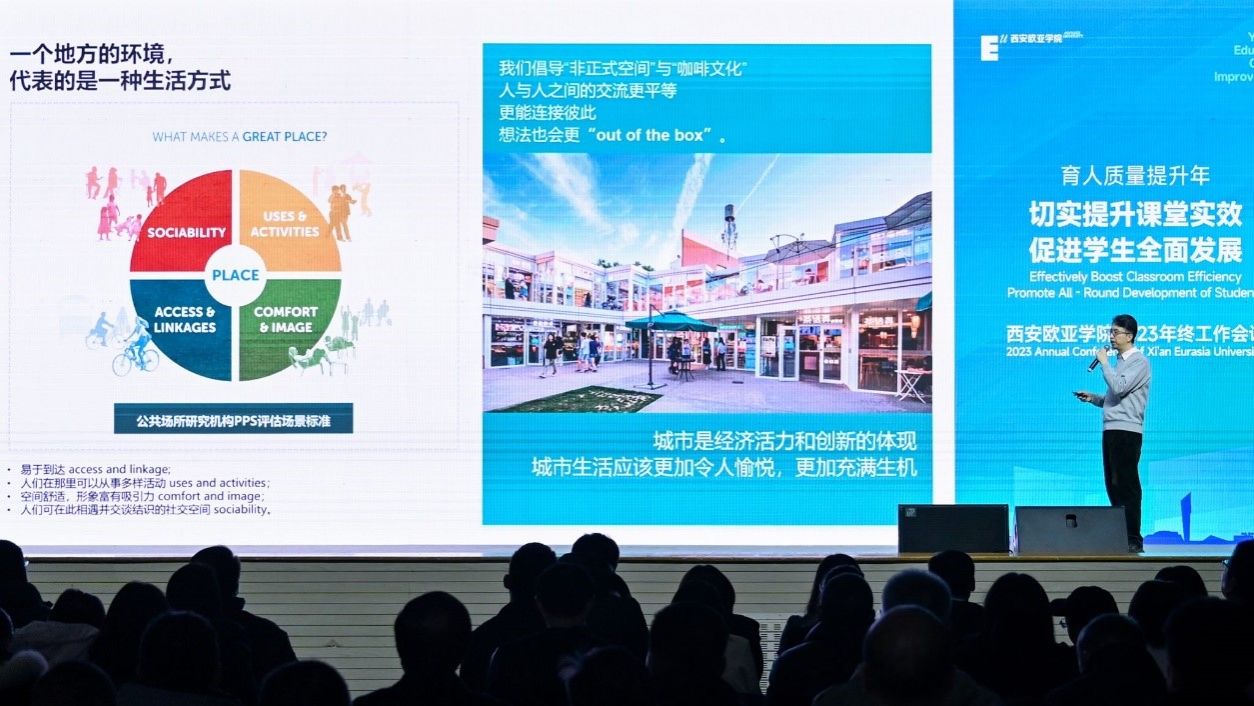
(Fig. 7) Yang Ke from the Infrastructure Department (top) and Wu Miao from the Brand Communication Department (bottom) jointly sharing "Seeing People, Seeing Environment, Seeing Life"
The student-centered educational philosophy of Xi'an Eurasia University is not only reflected in education and teaching but also campus life. A high-quality international campus, efficient and comprehensive logistical services, and the construction of high-standard cultural connotations subtly influence the behavior, attitudes, emotions, and values of both teachers and students. Based on cases such as Teaching Building E in the North Area, the transformation of the Hongqiao Center space, and the construction of the Student Service Center in West Campus, Yang Ke from the Infrastructure Department and Wu Miao from the Brand Communication Department demonstrated how the university is creating a high-quality educational environment by integrating educational concepts into the entire project construction process. Additionally, they displayed the university's active exploration in aspects such as organic renewal from campus to city, achieving integration and symbiosis of the university, and expanding and deepening the university's social service capabilities.
A Great University You Can See
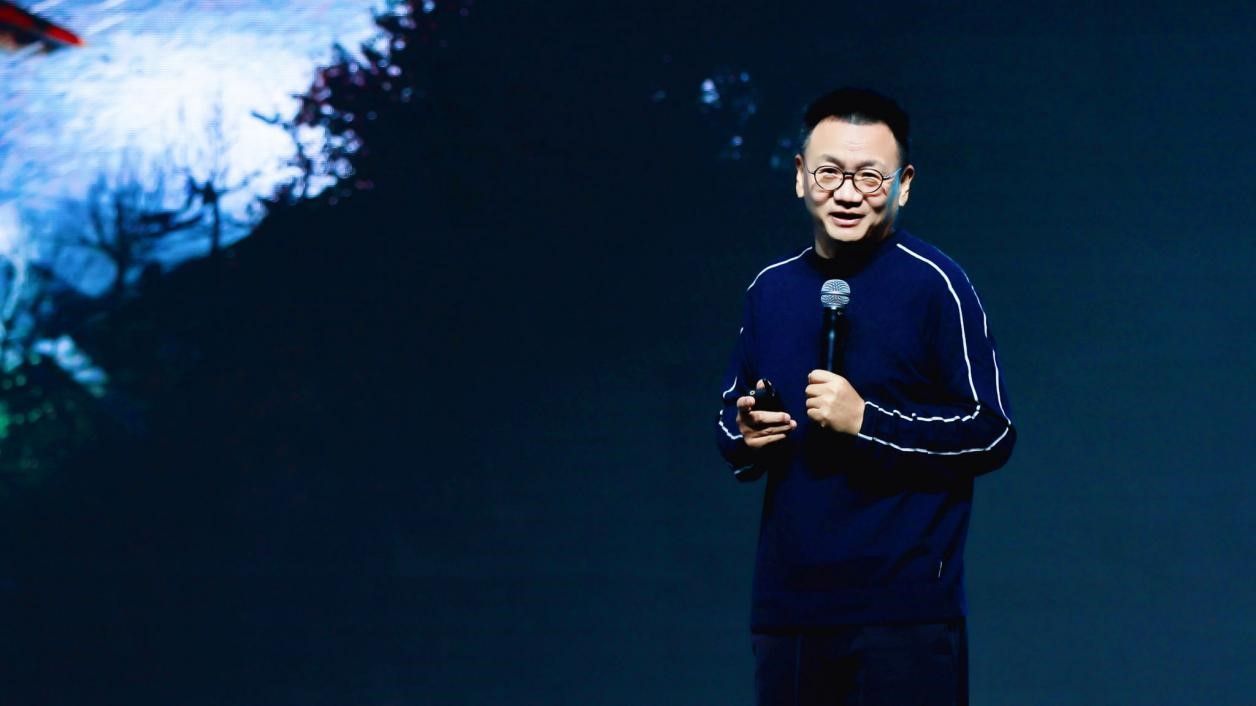
(Fig. 8) Chairman Hu Jianbo delivering a keynote speech entitled "Let Us Grow Slowly, Allowing People to See Us Little by Little"
At the meeting, Chairman Hu Jianbo delivered a sharing keynote speech on values and culture titled "Let Us Grow Slowly, Allowing People to See Us Little by Little". He began by discussing the broader context of the knowledge society and artificial intelligence, mentioning that the advent of the knowledge society is the combined result of industrialization, urbanization, and the massification of higher education. In the knowledge society, knowledge is rapidly becoming the primary production factor, relegating capital, land, and labor to secondary positions. More and more people are involved in the production and use of knowledge. Modern universities are no longer the dominant player in the field of knowledge production as their position is declining. Various other knowledge institutions are integrating into the knowledge society and becoming competitors to universities. As digital technology and artificial intelligence advance, innovation is altering how resources are generated. As educators, we should contemplate and inquire: How should schools embrace artificial intelligence to enhance societal learning efficiency and knowledge reservoirs? How can personalized learning be facilitated for students, igniting their intellectual potential and fostering efficient knowledge innovation?
Then, he put forward the characteristics of a good university. Confronted with the university's mission from an external perspective, its ethos from an internal standpoint, and its actions under the guidance of indicators, a good university must govern its operations based on distinct quality attributes. It must first achieve compliance with a normative quality perspective, then strive towards adaptability within this framework, and ultimately contemplate and establish a strategic quality perspective. By orienting its efforts around a competitive quality perspective, the university can effectively determine and engage in market competition within the organizational landscape.
Regarding how Xi'an Eurasia University can establish itself as a good university, he mentioned in his report that achieving excellence in university management necessitates five elements: disciplinary knowledge, educational pedagogy, governance, information technology, and organizational culture. Furthermore, it is essential to effectively navigate the relationship between process development and various management elements, ensuring these five components integrate harmoniously and complement each other. At the same time, the success of a university hinges upon a favorable environment. Xi'an Eurasia University will continue to cultivate high-quality educational spaces and promote the overall balance of the campus environment.
Lastly, Hu Jianbo emphasizes the organizational culture required to establish an exemplary university. Within Xi'an Eurasia University, cooperation is prioritized over competition, dedication over acquisition, experience over prestige, growth over success, nurturing over achievement, gradual progress over rapid advancement, and meticulousness over compromise. The culture advocates granting teachers freedom and responsibility, fostering in students the values of cleanliness, health, friendliness, and self-discipline in community sharing, and deeply advancing the educational philosophy centered around students. Continuous efforts are made to enhance both the academic and living standards of students, making quality an intrinsic pursuit and cultural awareness.
Standing at the new starting point of 2024, Xi'an Eurasia University will fully implement the Party's educational policies and the fundamental mission of fostering virtue through education. Guided by the "value-oriented education" concept and a philosophy of "student-centered, contributor-focused" learning, the university is committed to offering high-quality educational services to students and advancing open education to contribute to regional and urban development.
(Contributed by the School Office)



